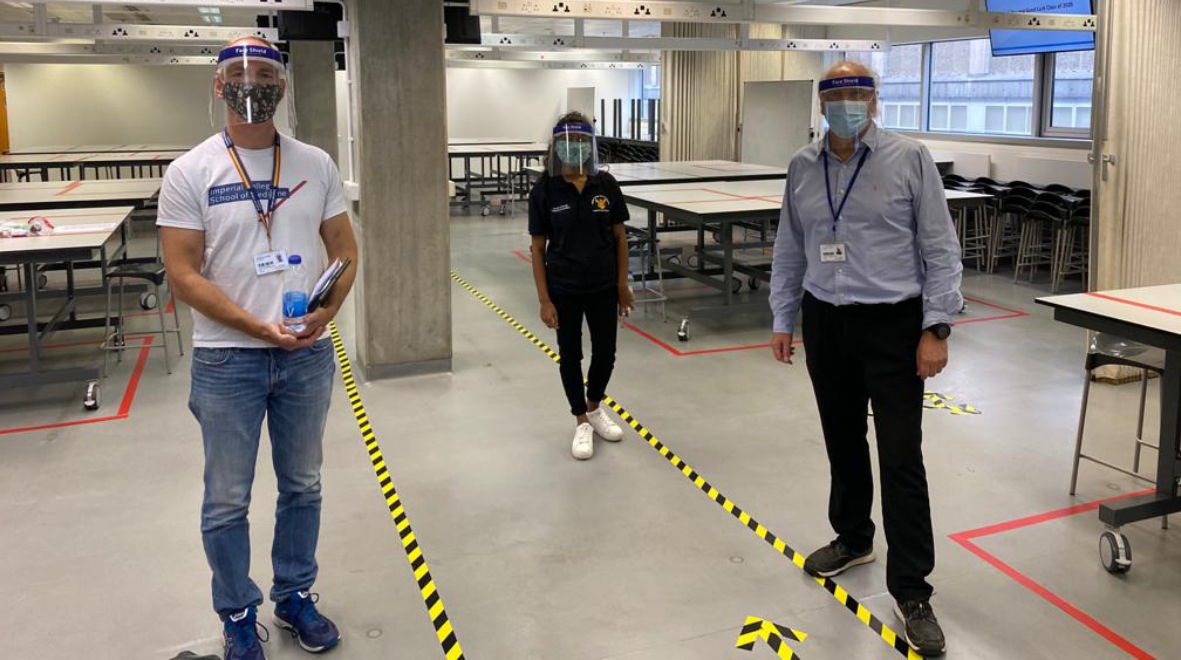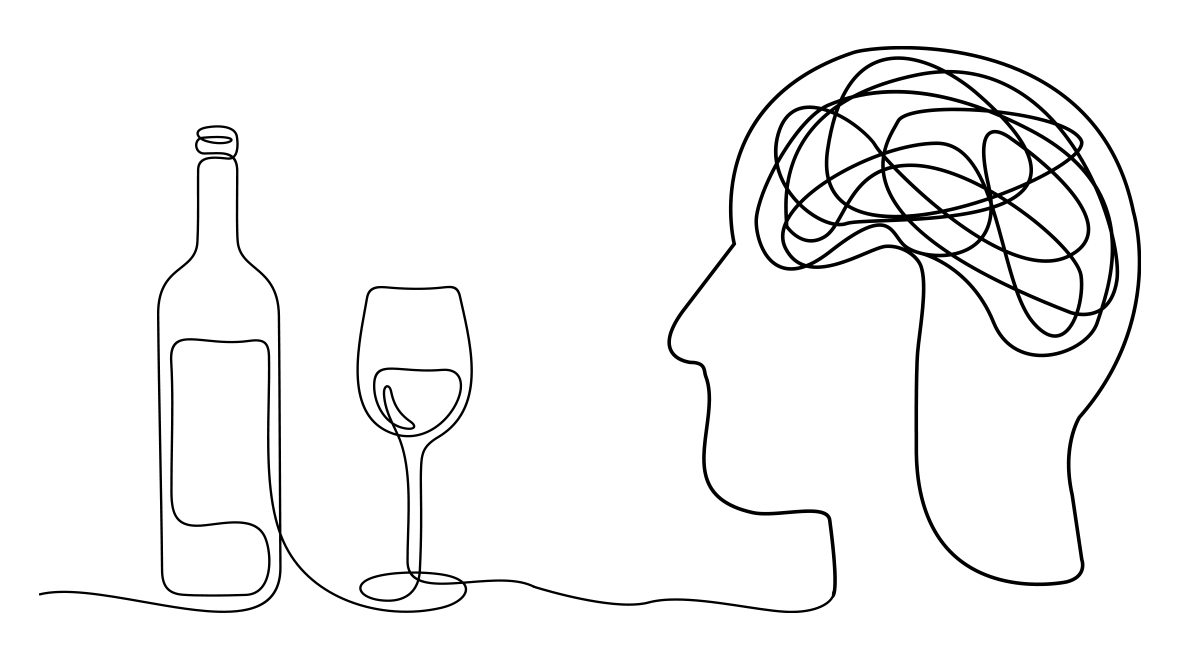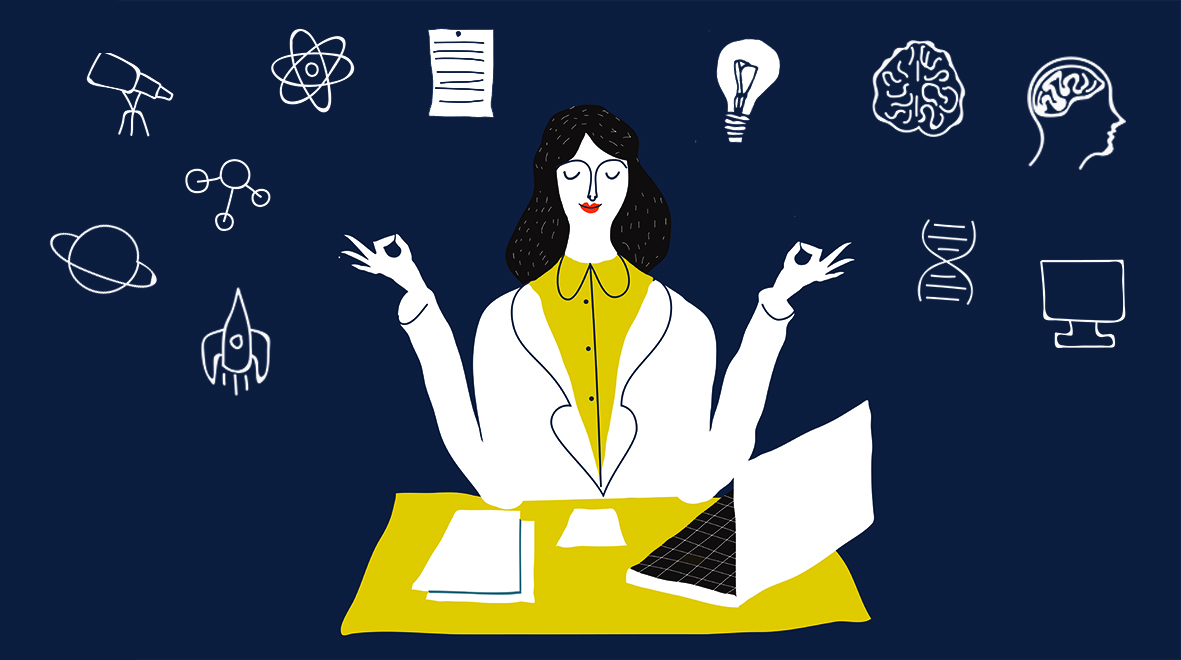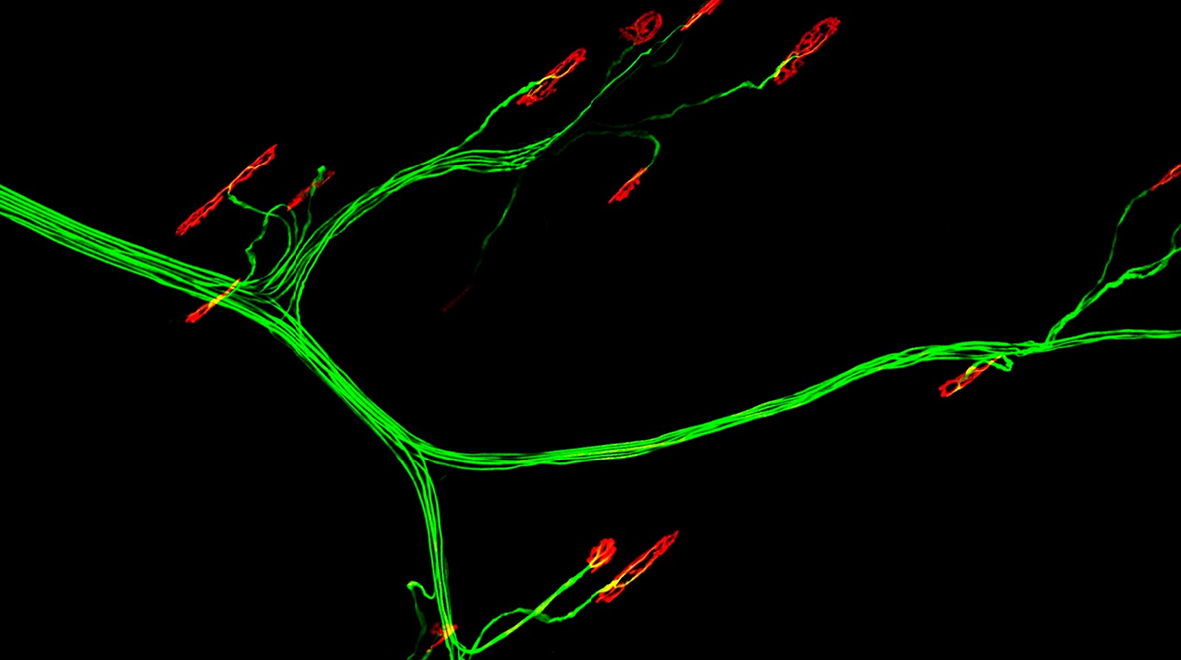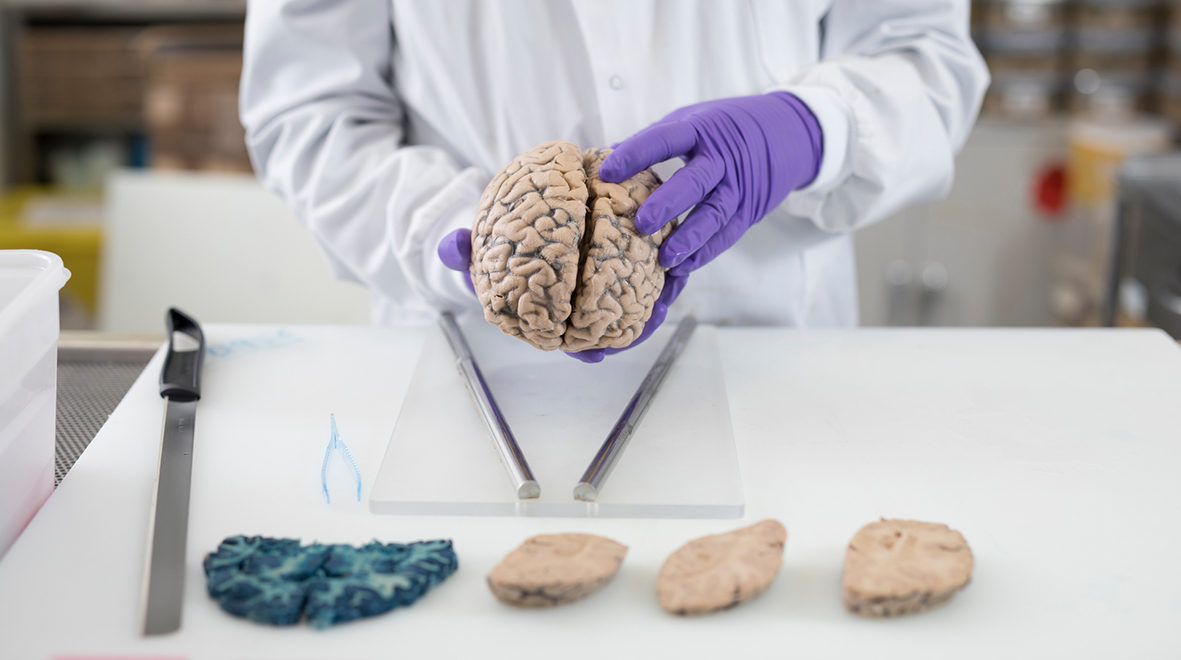Our Entrepreneurial Journey — a gait to better care?

Master’s student Emre Yavuz reflects on the highs and lows of taking part in a virtual hackathon – from designing an app to predict the risk of Dementia to pitching to 16 judges!
During lockdown I came across a post about a virtual hackathon called ‘Code to Care’, focusing on finding sustainable healthtech solutions which was run by Imperial College Business School. Having worked with Virtual Reality for my undergraduate dissertation, I knew there was something I could bring to this event! Through a Zoom speed-dating event during the hackathon, I connected with three other like-minded individuals who were all interested in using mobile technology to help lessen the burden of the lives of those stricken by Dementia.
We had decided to focus creating an app to help predict one’s risk of Dementia and monitor their disease progression, and had just three days to make our final pitch as convincing as possible in just two minutes. Based on the research suggesting a potential correlation between gait patterns and cognitive decline, we felt that focusing our app on the use of gait analysis would be a fruitful venture. (more…)
